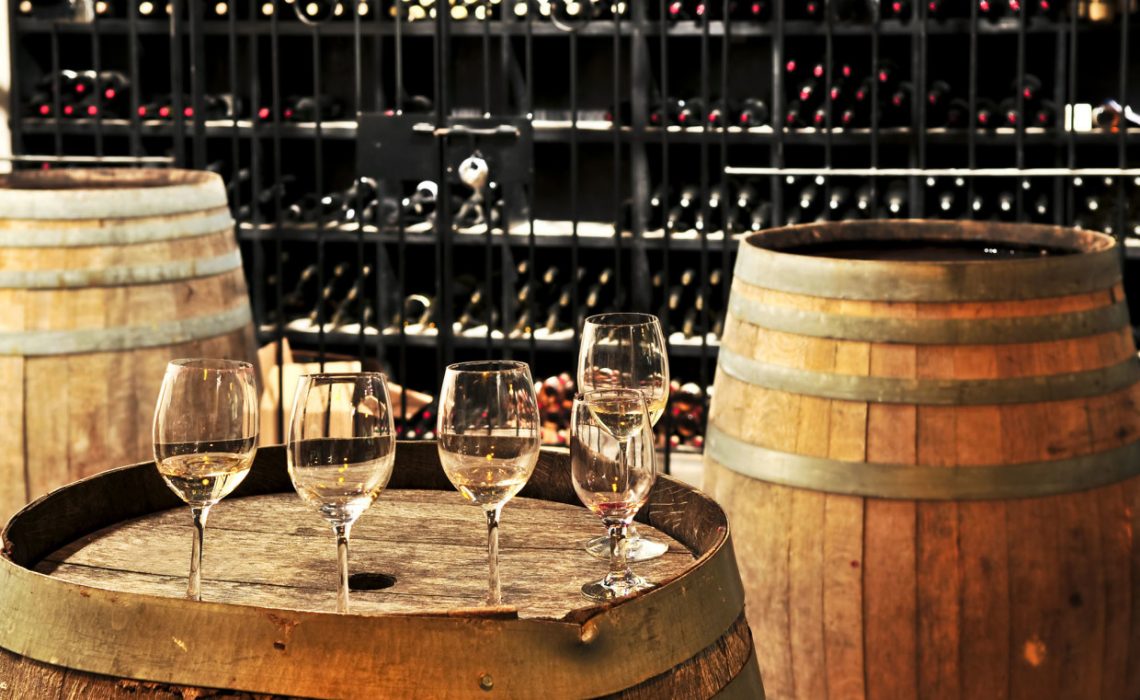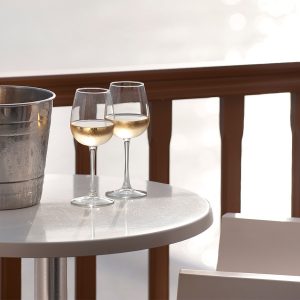Ageing or „cellaring“ a wine means storing it in a cold and dark place for years, allowing it to improve its taste. But, how much do we really know about ageing wine? Most of us usually don’t know which wine to store and which one to drink immediately. The truth is- not every wine will benefit from ageing and storing certain bottles will do more harm than good.
Most of the wines are meant to be opened immediately. Otherwise, they will lose most of its character if you store them for too long.
A wine that is made to age needs to be stored for some time to improve its quality and opening immediately, it will result in an unpleasant taste.
Wine ageing
Wine ageing is a result of oxidation and non-oxidative processes. Wines with an ageing potential usually contain high levels of tannins. Their bitter taste will soften over the years as they polymerise and create a less harsh taste. Tannins are generally found in red wines, so that’s why white wines are less common candidates for ageing.
The ageing process is carried out in two phases in which wine create flavours and textures we would never have experienced if the wine had not undergone ageing.
- The first phase of ageing takes place in the wooden cask, where small quantities of oxygen penetrate inside the barrel. This is called oxidative phase where the oxygen reacts with specific components in wine, which will improve the taste of wine.
- The second phase of ageing takes place inside the bottle. In this phase, there is practically no oxygen and the compounds of the wine will react with each other.
The storage conditions of the bottled wine will significantly influence a wine’s ageing.The amount of time wine is meant to age depends mostly on the wine type. Ageing in barrels usually lasts from 12-24 months.

So, how should we know which bottle to store and save for special occasion and which to open immediately? The good rule of thumb is always the price. Almost all wines priced under 30 euros are meant to be drunk now. That means that it will keep its characteristics for maximum five years and after that time the wine will just start spoiling and loosing most of its qualities.



